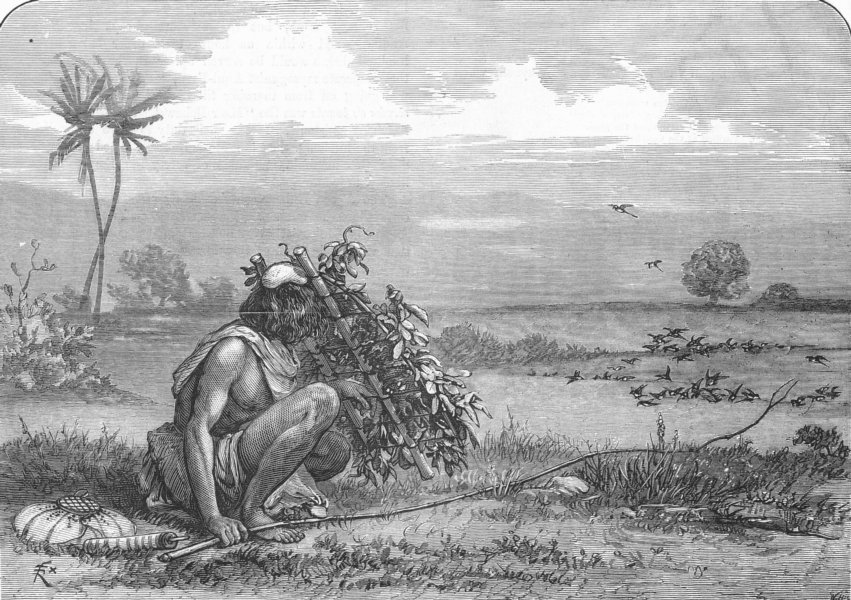FWP:
Here Ghalib focuses the whole verse on an idiom, emphasized by Nazm, that's not even really an Urdu idiom, but a Persian one. It's easy to see why he dragged it bodily into Urdu-- because it was just what he wanted, it was just the thing to give a small, hot, deep, painful center to the whole verse. The verse is otherwise a brief, plain, factual narrative, a story told in simple language as economically as possible. But then, in the midst of it, this one word-- just look at its multiply appropriate meanings!-- compresses within itself a world of sorrow, pain, complaint, indignation.
It's a pity that 'hard by' (meaning 'very near') is now archaic in English; though even then, it doesn't have a sufficient range fully to capture saḳht qarīb . Really that one word, saḳht , forms a pivot around which the whole verse turns. For other explorations of its possibilities , see {183,6} and {200,4x}. Also, compare Mir's use of zor in M{1312,7}.
This is one of those verses in which the lover speaks as
a bird; for others, see {126,5}.
From The Tribune, June 10, 2019: 'Holding that perpetrators of the gangrape and murder of a girl in Kathua acted as if there is a “law of jungle” prevalent in the society, judge Tejwinder Singh summed up the enormity of the crime with a touching couplet by Mirza Ghalib.... Singh started his order with the couplet from Ghalib’s ghazal—“Pinha tha daam-e-sakht qareeb ashiyaan ke, udhne hi nahi paye the ki girftar hum hue."'

Hali:
The meaning he has presented in that way is this: that even before he reached maturity he was surrounded by difficulties and tribulations.
==Urdu text: Yadgar-e Ghalib, p. 129